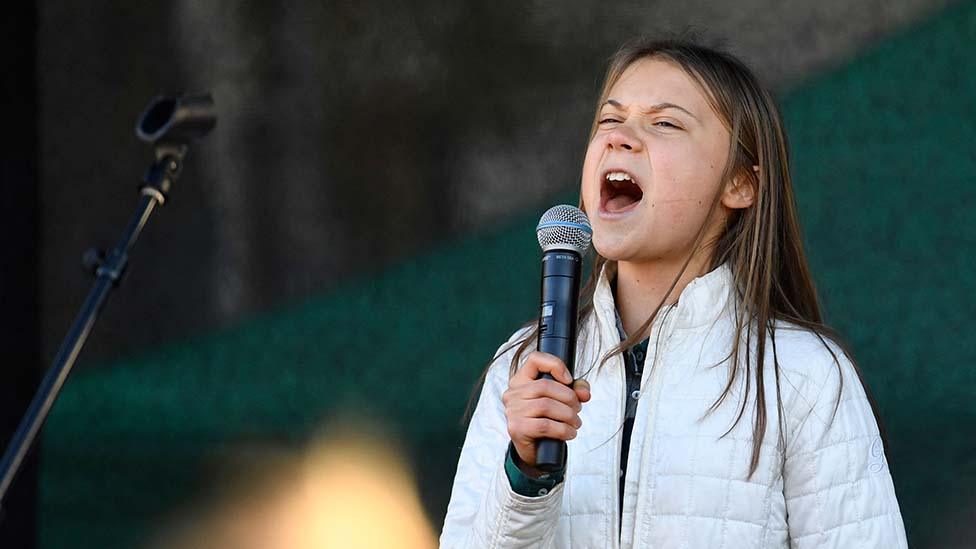India climate activist Licypriya Kangujam on why she took a stand
- Published
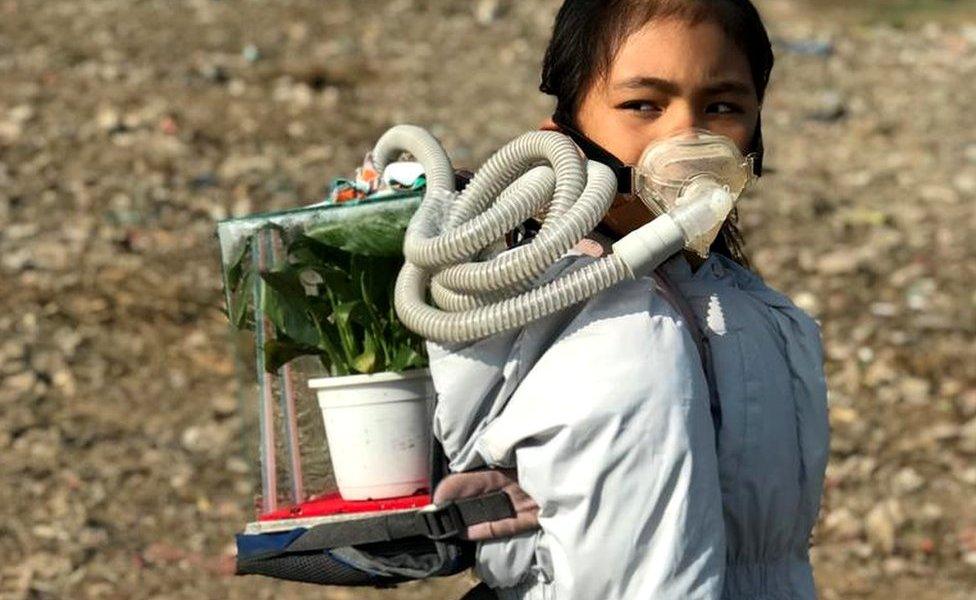
Licypriya wears her Sukifu (survival kit for the future) in protest against India's poor air quality
She is only eight, but Licypriya Kangujam has already been campaigning for action to tackle climate change in her native India for two years.
The young activist has pushed for new laws to curb India's high pollution levels and wants climate change lessons to be mandatory in schools.
"I cry when I see children lose their parents or become homeless due to the dangers of disasters", she told the BBC.
But, she adds: "If you call me Greta of India, you are not covering my story."
Referring to Greta Thunberg, whose Fridays for Future school strike has grown into a global movement, Licypriya says that while she has much in common with the Swedish teenager, "I have my own identity, story".
"I already began a movement to fight climate change before Greta started," she said, adding that the two are "good friends" who "respect each other".
The pair both attended the UN climate change conference, also known as COP25, in the Spanish capital Madrid in December.
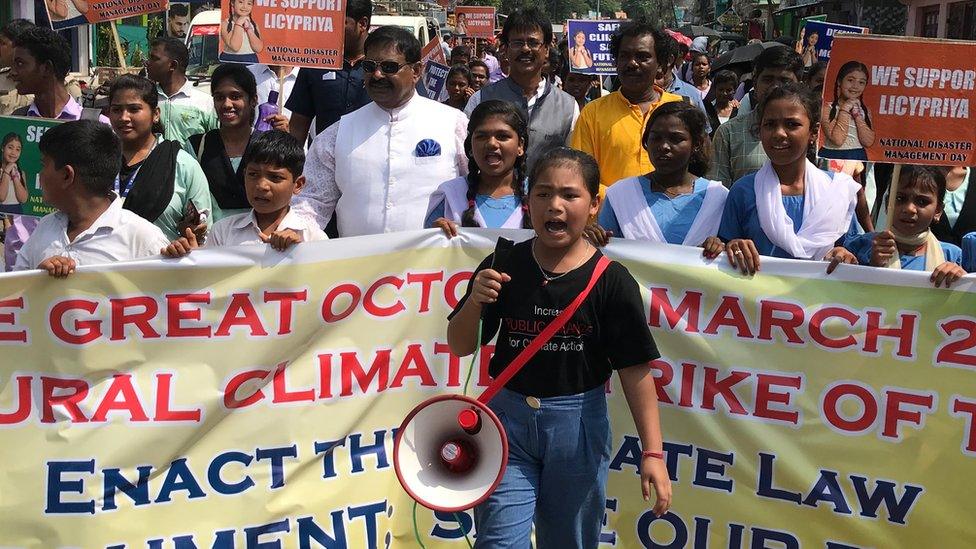
Licypriya leads a climate change demonstration in the eastern Indian state of Odisha
Residing in India's north-eastern state of Manipur, Licypriya says she was a small child when she accompanied her father on fundraising events for victims of a powerful and deadly earthquake in Nepal in 2015.
But it was after attending a UN disaster conference in Mongolia with him in 2018 that she felt the need to get involved in activism.
"I got lots of inspiration and new knowledge from the people giving speeches. It was a life-changing event," she says.
"My heart feels sore for people who cannot help themselves when disaster strikes."
In response, Licypriya set up Child Movement, a body that aims to raise awareness "to protect the planet by tackling climate change and natural disasters".
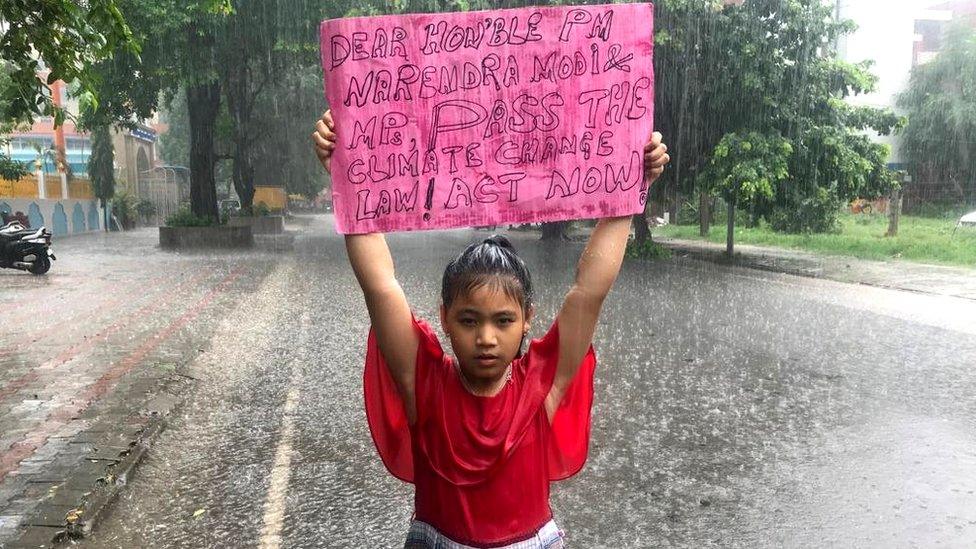
The eight-year-old has urged India's Prime Minister Narendra Modi to act on climate change
Licypriya has also campaigned, often alone, for new laws to help address the issue of poor air quality across India.
She has even designed what she calls her Sukifu device - a symbolic survival kit for the future she created to emphasise the need to curb air pollution in the country.
In November, schools in India's capital, Delhi, were ordered to close by authorities who said air pollution in the city had reached "unbearable levels".
Making climate change a compulsory subject to be taught from an early age in schools nationwide is one of Licypriya's main aims.
"Rajasthan has now become the first state in India" to add climate change to the school curriculum, she says.
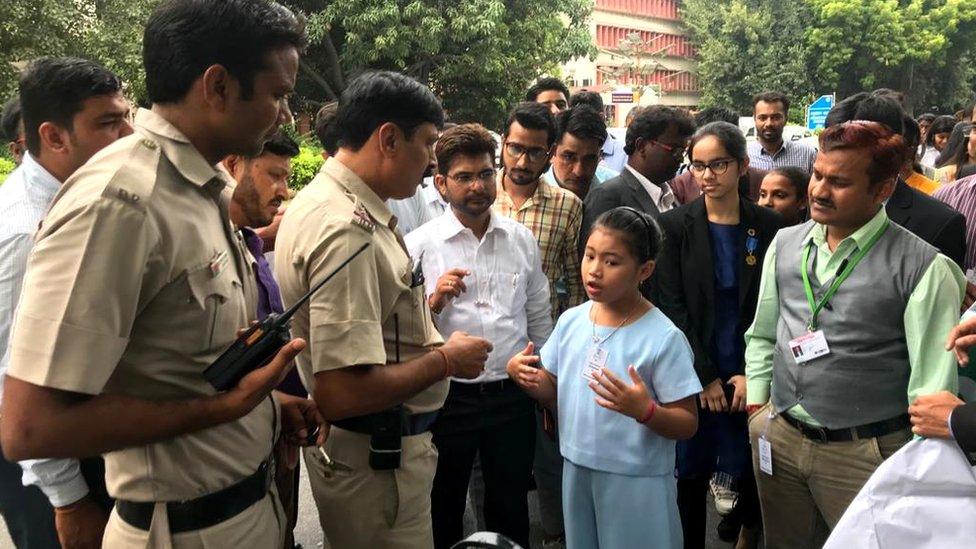
Licypriya talks to police officers trying to prevent her from demonstrating near parliament
She adds that the Indian state of Gujarat will be the second in the country to agree to educate children on the crisis.
Licypriya says she also feels inspired to continue fighting for government action to tackle climate change after witnessing others provide help to victims.
"I get very happy when I see rescuers saving children and their parents from danger."
But, she says, leaders need to stop dispelling the messages of activists.
"They are not taking any action, I want all leaders to do more - otherwise our future will die soon. They must act now, to save our planet and our future."

Read more on climate change:
What is climate change?
- Published12 December 2020
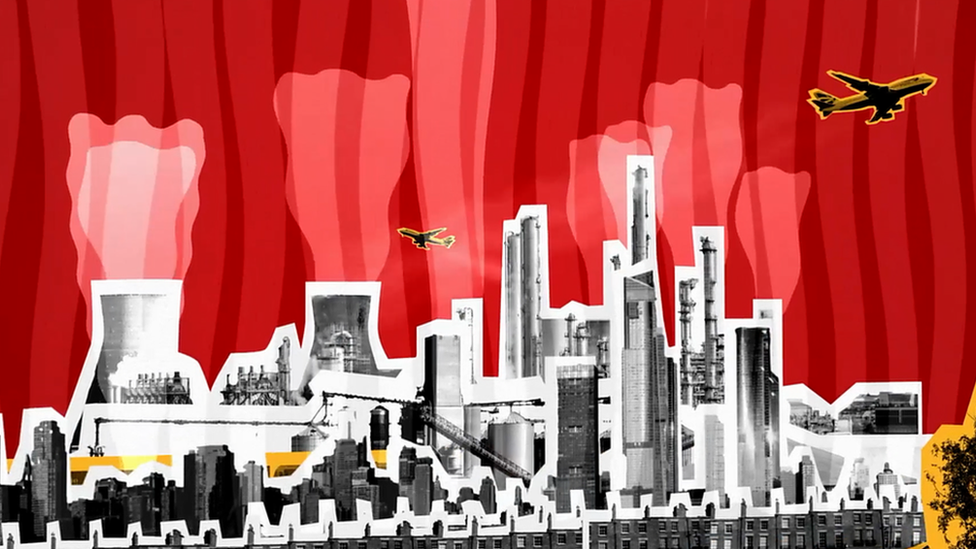
- Published21 January 2020

- Published4 November 2019
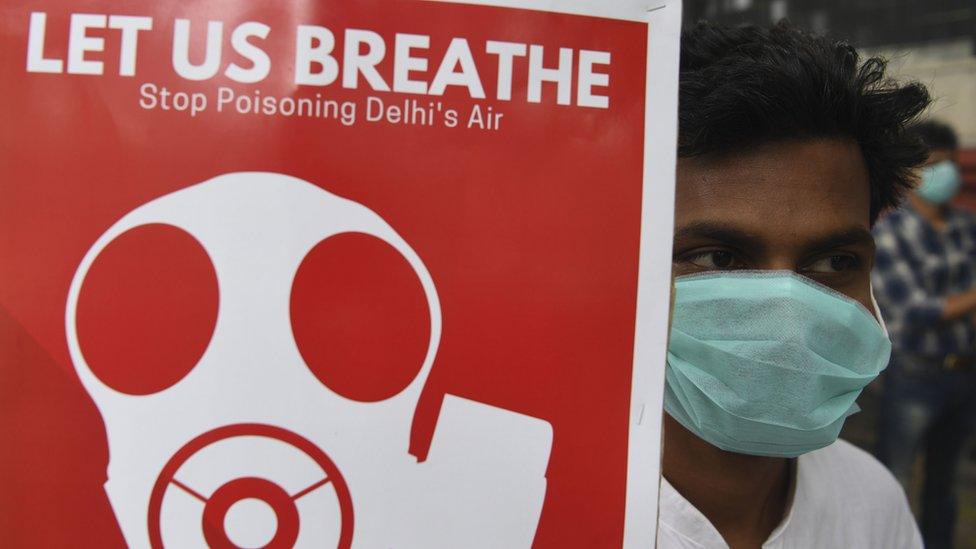
- Published9 May 2024
